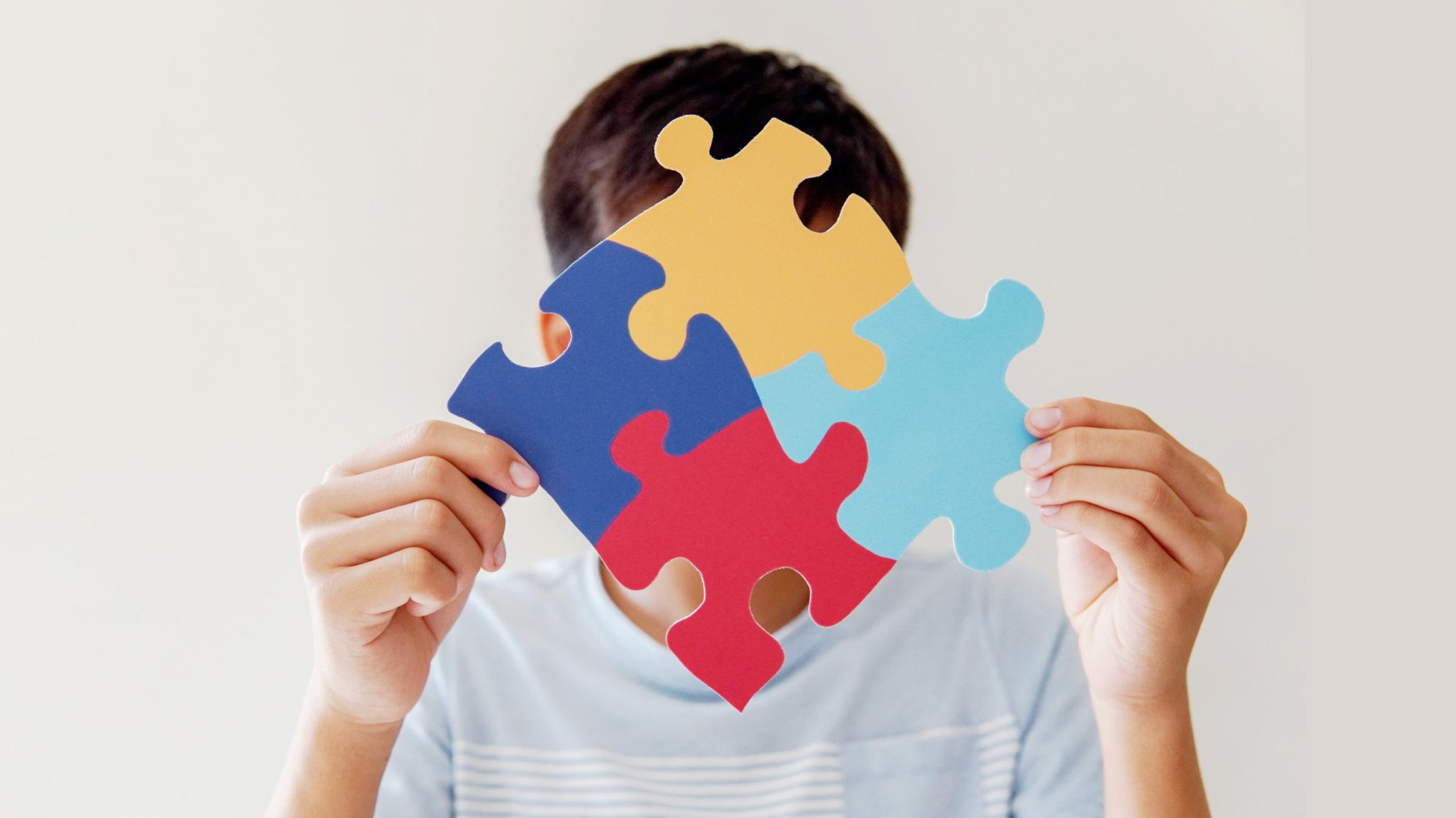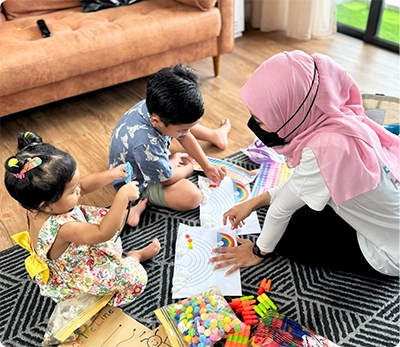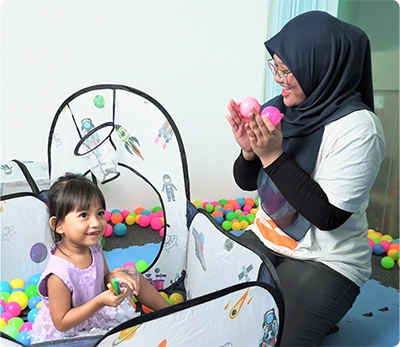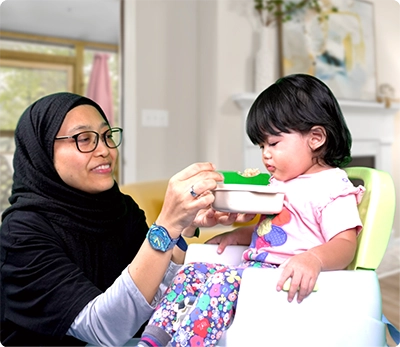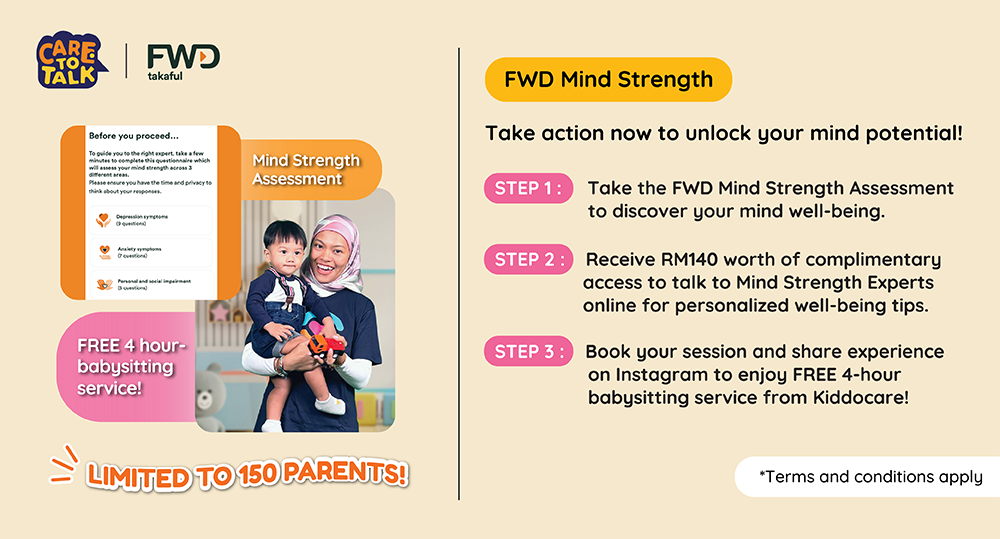Let’s Debunk these 5 Myths and Misconceptions about Autism!
Autism or autism spectrum disorder (ASD) is a neurological and developmental delay that affects individuals of all ages, culture, races and genders worldwide. This delay is usually diagnosed in children but some adults can be diagnosed with autism later in life. People including children with autism often have problems with social communication and interaction and restricted or repetitive behaviors or interests.
It is crucial to bear in mind that two individuals with autism are not the same, hence where the term ‘spectrum’ comes from. Some autistic individuals are non-communicative or non-verbal while others may be both highly communicative and verbal. The traits and mannerisms vary from one person to another.
Due to this, some misconceptions and myths about autism and people with autism emerge from society. These myths about autism can be offensive, harmful, disrespectful and stigmatizing. Ergo, it is important to take note of these common misconceptions and make sure we spread the word about what autism is and isn’t so that we would understand the truth about people with autism and ensure that they receive the help and support they need and deserve.
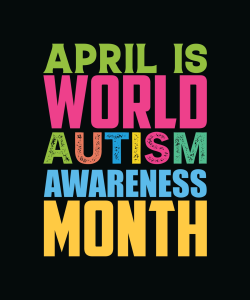
In conjunction with World Autism Awareness Month, we are listing down some of the myths and misconceptions we would hear that are just entirely not true.
People With Autism Don’t Feel Emotion
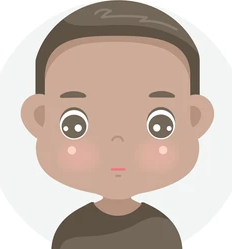
Some people think that a person with autism including autistic children cannot feel emotion or cannot feel all emotions just because they don’t smile when we usually smile at them, they don’t look back at you when you call for them or they often look up and down when walking.
As mentioned, an autistic person varies in traits and not all of them exhibit similarities. There are some of them who seem normal within a sea of humans.
This myth is not true. They are capable of feeling all emotions but they may express them in unique ways or have difficulty recognizing and interpreting emotions in others. Someone with autism may struggle with non-verbal communication such as facial expressions, body language and tone of voice which can make it harder to appropriately communicate and respond to others’ emotions.
They are capable of experiencing emotions like sadness, happiness, fear, disgust, surprise, just like us. However, they may express these emotions differently or have difficulty expressing them at all which can be misinterpreted as a lack of emotion.
Autism is Caused by Bad Parenting
This is a very untrue statement. Research has shown that parenting styles do not cause autism. This idea has been dismissed by the experts and researchers.
It is important to be aware that autism is not caused by a lack of love or attention from parents. Studies have found that genetic and environmental factors, such as exposure to certain chemicals, viruses or infections are two factors that may contribute to the development of autism.
Parenting style can certainly help an autistic child to cope with the world but it is definitely not the root cause of autistic behavior.
Autistic Children are More Violent
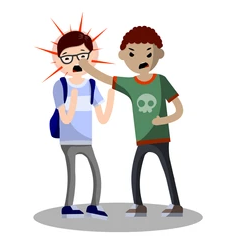
There is a misconception that autism children are more violent either in degree or frequency than other children. The truth is that it is certainly not the case that they are violent and even if some of them do, it’s not necessarily true that they are more violent compared to some children who may resort to hitting or shouting when they are throwing tantrums. Some studies suggest that they tend to exhibit more aggressive behaviors but other researchers have also found that violence is no more prevalent amongst autistic people than others.
Again, this factor varies from one person to the next. It’s important for you to stay calm if any outburst ever happens. They may be feeling very stressed and you should limit what you say, only aim for short phrases or even just a few words. If they are in the kitchen or somewhere considered an unsafe environment, move them somewhere safe, making sure they don’t pick up any harmful objects.
Every Autistic Person Has a Savant Skill
A savant skill is a rare condition where someone exhibits extraordinary and exceptional mental disabilities. Pop culture media like The Big Bang Theory and Tom Cruise’s Rain Man have portrayed that it is usual for every autistic person to have savant skills.
We would like to clarify that savant syndrome is not a myth. It is true but the myth that every autistic person embodies a savant skill is where the false statement lies. According to the National Institute of Neurological Disorders and Stroke, not more than 10% of people with autism display some advanced level of a particular skill. Even amongst those who exhibit the savant syndrome, the skills themselves are varied both in type and degree.
However, it is good to acknowledge that autistic people have a wide range of abilities and challenges and their skills and strengths are unique to them as individuals. Stereotyping the community as all having savant skills can lead to huge misunderstandings and stigma.
Autistic People Cannot Stand to be Touched
Due to misconceptions, it is common for the society to think that autistic people cannot stand to be touched but this is not entirely true.
Autism is a spectrum disorder and they can have a vast range of sensitivities and preferences as this includes touch as well. Some of them may be hypersensitive to touch and may avoid physical contact together while others may seek out and crave for hugs, handshakes and other forms of sensory inputs.
Their sensory issues may vary from day to day or situation to situation, depending on the environment. It is crucial to respect their preferences followed by communicating with them to ensure their comfort and safety.
Autism is a condition that affects millions of people worldwide and there are several myths and misconceptions associated with it. It is of paramount for us to debunk all the myths and misconceptions to create a better understanding and acceptance of individuals with autism. With the right support, they can lead fulfilling and productive lives while contributing to their communities.
Seek advice and assistance from professionals. That’s one of the best pieces of advice we could give. Don’t feel ashamed or afraid to do so.
Written by:
Ian Firdaus
References:
https://www.autistica.org.uk/what-is-autism/autism-myths-and-causes
https://www.onecentralhealth.com.au/autism/10-myths-about-autism/

